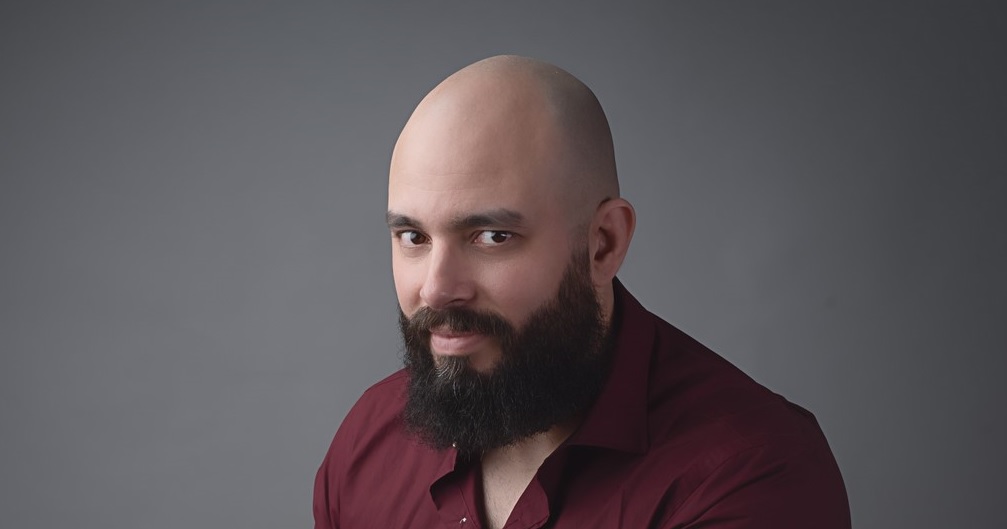
According to the World Health Organization (OMS), 800 thousand people commit suicide every year worldwide, and this has been the leading cause of death among young people 15 and 29 years, more than cancer, AIDS and malaria, including Brazil. The numbers are alarming, and explain the creation not only of government policies, but civil society and NGO initiatives such as the September Yellow.
The philosopher and researcher Fabiano de Abreu points out that there is a reason why young people are more susceptible to the desire for suicide: "Experience is the food of wisdom, is our daily meal to know dealing with situations and adversities. Lifelong, we go through these adversities and realize that they are only fleeting moments. The young, however it is devoid of this perception and do not see that everything is fleeting. When a young man decides to take his own life reveals that he was in despair limit and out of reason. Youth is a time of transition where the young are beginning to live loneliness, It is a time of discovery and emancipation which can be very complicated ".
The silence of the emancipation
Fabiano warns that in adolescence there is a transition to adulthood and its consequent emancipation, but many young people are not prepared for this: "Youth is the time of trial, where the need to have to be an adult results in a strong desperation that leads to silence their dissatisfactions. this emancipation, this solitude of the experiment, It creates a false idea of power, immortality, factor that leads them to experience things that can cause them to death, like drugs, drinks, and put on life risks. Youth is a time transition of hormone, sexual, social that deal with the emotional ".
The researcher also attributes the pressure of impending adulthood as a force that can drive young people to give up on life: "It is distressing for the young this phase, where many of the changes are suffered in silence. This natural adaptation that requires youth, comes with the shame and the need for acceptance that adulthood imposes. The responsibilities and the requirement of maturity leave them apprehensive and many can not handle it all ".
The role of parents
For the Philosopher, in some moments, parents wanting to help their children may end up messing up, when they feel the need to do for them what they should do alone: "Many parents end up treating the child as children and fail to give autonomy to them. Do all the children and have them under their wings is one of the biggest mistakes that may commit, and so end up compromising the formation of their identity, this makes them feel lost and can not find their true place in the world. They feel they always have to be an extension of parents'.
Following this line of reasoning, Fabiano points out that parents' fear of losing their children results in a loss of identity: "In a consumer society, the child becomes the parents' emotional consumption. Unlike a product, a child can not be exchanged for another, and many parents try to shape her son's personality according to his own. This lack of acceptance of his personality can be a serious reason for dissatisfaction with their lives in adolescence. We have to be aware that our son will be the result of our mistakes and successes ".
The young need to belong to a context
Since communication, or lack thereof, one of the main factors that can lead young people to take their own life, the philosopher advises that know how to lead the dialogue within the home is key to unlocking the young man's problems, avoid emotional outbreak and committing suicide.
However, in addition to attention and conviviality, the philosopher points out that the young man must belong, feel part and that your life has value, importance and role: "Many parents who have gone through this invaluable pain of losing a son who committed suicide. Tried everything, before the tragic end happened, but nothing was enough. For a young man dissatisfied with his life it is necessary to try to awaken in them a sense of belonging, a passion for something or something to make them value life, and leading them to dream of a prosperous and promising future ".
Fabiano believes that a young person who does not experience autonomy, and does not understand its position in the world: "He feels lost and disconnected from everything and lose the joy of living, especially if he is hindered or forced to attend a school that does not like, or take a course to please parents, or follow a profession that does not please ".
What to do
The philosopher points out that knowing the motivations and interests of the child itself are key factors for a peaceful passage through adolescence to become a young adult able to face life's challenges: "Show attractive possibilities, promote inclusion in the common interest groups, are ways to make it sociable and to put it in groups he feels welcomed and loved. And the main, not try to mold the young personality to your heart's content. In other words, not trying to make the child an experiment to their personal achievements, on the contrary, help you find your true gifts, and show how it can be useful to society and how your life will be important to others. By doing so, he will have more chances to become emotionally strong to cope with the adversities of adulthood and achieve face the challenges of everyday life ".
Advice for parents
Fabiano de Abreu lists actions that can be taken by parents to help their children on a journey of healthy emotional and social growth, to prevent suicide and depression:
- Listen attentively and stay calm.
- Understand his feelings (empathy).
- Give non-verbal messages of acceptance and respect.
- Expressing respect for the views and his values.
- Talk honestly and authentically.
- Show your concern, care and affection.
- Focus on his feelings without pressing.
- Respect your space and your ideas.
- Be shocked or thrilled.
- Give him quality time, doing what he likes, not what you want. For this you need to know what he likes.
- Do not treat it as if it were less than you and knew nothing.
- Do not make comments and invasive unclear.
- Not make indiscreet questions. A calm approach, Open, acceptance and non-judgment is essential to facilitate communication.
Recommendations for children
The philosopher also advises that young people do not get too cover and avoid giving in to societal pressures: "After all, perfection does not exist, even though many they cover it. Keep in mind that you do not have to be perfect, or do what others want you to do to be accepted. There will always be someone who will accept you as you are. If that person has not crossed your path, You can be sure that it exists, maybe you're not looking in the right place. Therefore, seek professional help, try to put in groups of people who feel like you ".


